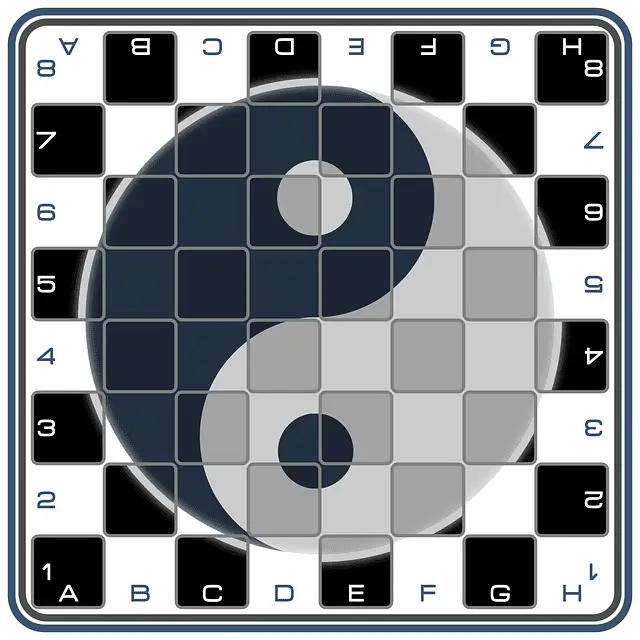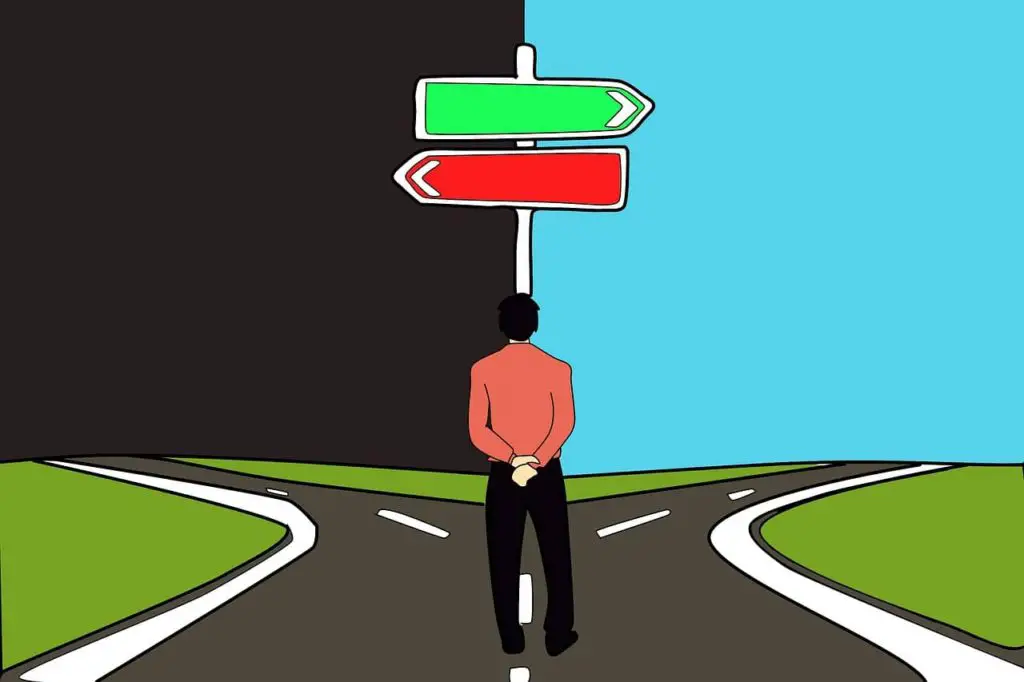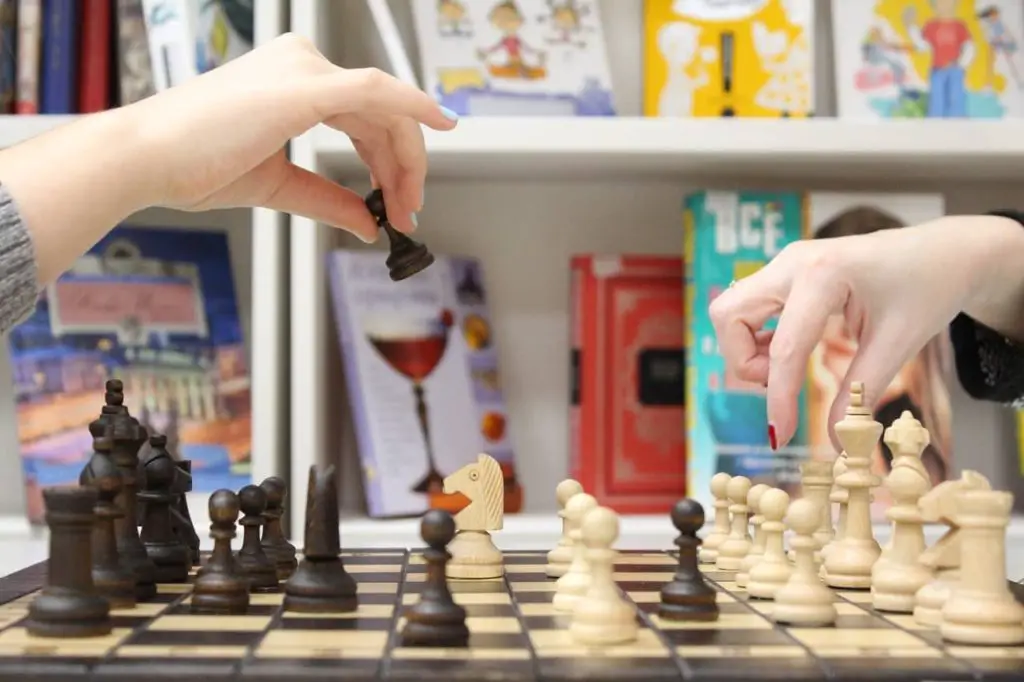How can you improve your chess game fast? (20 tips)
Focusing on the basics, learning the endgame, doing chess puzzles, watching top games, and analyzing own games are the ways to improve in chess fast.
People of all chess levels are looking to improve their game as quickly as possible. There is a rush to find this hidden treasure of tips that would propel one’s improvement.
I don’t hold any secret in form of “silver bullets” or useless shortcuts but there are definitely ways to progress more smoothly which I will share here. These are things that have worked for me personally.
Now it doesn’t mean that this will work for everyone, but it does mean that it has worked at least once before. If you want to improve fast this article will share the things that I have observed over the years.
I will be sharing those tips now. To get started, here are the tips to effectively improve your chess faster than you would normally:
1.) Focus on the basics

The basics are the easiest yet rudimentary concept of chess excellence that gives you 70% of the results.
Chess can be complicated yes but understanding recurring themes among the basics makes you likely to apply the concepts most of the time.
Note: Mating patterns, pawn structures, opposition, and tactics are some of the basics of chess.
People usually get some kind of an impede from learning complex situations that they don’t even get to use, I recommend mastering the basics first.
2.) Avoid hanging your pieces
This is a hurdle that I see most beginners have to overcome at some point which is getting their unprotected pieces captured.
This is usually due to the lack of visualization over the board that makes them unable to pay attention.
If you can avoid this problem early on it would dramatically shorten your learning curve.
3.) Use most of your playing time
This is another scary thought beginners are likely to get stuck with which is the concept of time.
They tend to rush moves making them vulnerable to hanging pieces and some usually easy-to-spot checkmates.
If you could use most of your playing time to be attentive in the decisions over the board you are likely to improve much faster.
4.) Adapt to the playing level of the opponent
This is to address people’s problems when having some inexperience of actually facing opponents.
They are more likely to link their skill to the result even when playing against someone higher their level.
I recommend playing against weaker opponents early in the process so that your confidence won’t be shattered preventing you from moving on.
5.) Respond to your opponent’s schemes
Unless you already have some visual prowess to identify your own plans then it’s much better to respond to your opponent’s plan.
What I mean is you don’t necessarily have to make something happen you just have to wait.
A mistake that most players face is trying to force something when nothing can be done, doing this can make you learn fast.
6.) Start with the endgame
Another trap that most aspirants fall into when trying to improve their game is starting with the opening.
The opening is great don’t get me wrong but there usually isn’t any substance that can be applied in real games.
Endgames focus more on the themes rather than memorization which can turn you in the right direction.
7.) Be wary of middlegame blunders
This is again another mistake that prevents most people from going forward.
Blunders usually occur in the middlegame and although unavoidable can be limited in some way.
This can be done by paying more attention to the placement of the pieces plus the opponent’s; if you’re not sure how read my guide on how to avoid blunders (will open in a new tab).
8.) Diversify your opening knowledge
If you’re someone who already has decent chess proficiency then it might be useful to diversify your opening repertoire.
Focusing on the few is great when just starting however you need to learn more when facing stronger players.
However I don’t want you to memorize chess openings if it’s not in your level, you should identify when.
9.) Learn, not memorize
Have you ever come up to a position that you really want to learn and ought to memorize?
Memorizing is great but only on really important occasions most of the time it’s just a waste of effort.
Understanding the idea behind the moves is more important than the moves themselves, but if you found out one that you really want to memorize and want to know how check this article (will open in a new tab).
10.) Analyze every game you have
Learning from your mistakes is the best way to progress in any pursuit of life. This also applies to chess. This is the reason why focusing on playing chess too much can be detrimental, you won’t have the time to study.
The reason most people don’t usually progress as fast is they don’t analyze their mistakes.
After a game they’re onto another doing the same thing over and over again hoping for a different result, don’t be that guy.
11.) Consult the engine when having doubts
Chess engines are the most efficient chess entity to ever exist on earth stronger than any humans.
And you have access to such tools which can give you interesting insights that you wouldn’t have found otherwise.
However I don’t want you to spend most of your time with the engine before you even develop your own visualization since that should come first.
Tip: Chess.com and Lichess (website/app) have a free usable version of Stockfish which you can use right away.
12.) Avoid doing useless shortcuts

Most people who are looking to improve like a rocket are secretly trying to find a cheat— basically a shortcut.
I can verify that there isn’t any silver-bullet package that anyone can teach you to make you a master tomorrow.
Any attempt to do so would be just a waste of time that could have been spent to actually work for progress.
13.) Don’t start premature attacks
If you watch games between inexperienced players you are most likely to find premature attacks.
This is because people can’t usually wait for the right time to strike and ironically crush their hope to do so.
If you can avoid the temptation of starting any then you are likely to improve faster.
14.) Avoid blitz and bullet
This again caters to the demand of the majority in terms of their tolerance.
It’s just hard for less experienced players to think for longer periods of time therefore playing more of blitz and bullet.
This is however a mistake since it’s rarely develops the skills necessary for chess in general; for those that don’t have time I recommend at least the rapid format (10 min. + 0)
15.) Develop a simple studying routine
People usually play random games online without some sort of a routine and wonder why they won’t improve.
Focusing your efforts on things that you are lacking proves to significantly makes learning faster.
It doesn’t have to be a complicated routine just enough to fill the gaps within your repertoire.
16.) Do puzzle rushes
Puzzle rushes are these sorts of challenges in form of tactical chess puzzles used to improve well, tactics.
Tactics of course do not always win games but is still a relevant component to improvement.
I have personally witnessed that people who frequently engage in puzzle rushes tend to improve much faster.
Note: You can take the puzzle rush challenge at chess.com
17.) Observe how top players compete
How to get better in anything fast? copy the techniques that the best players use.
Of course I know that it is not as applicable since things are more complicated but you might find something that specifically addresses your problem.
Perhaps it’s a little quirk from the way they move their pieces whatever, learning from the best makes you better faster.
18.) Compete against someone better
Earlier I said that you should match up against weaker opponents, but only when just getting started.
Playing against stronger opponents just makes you realize things a little bit better where you can adequately adjust.
However I strongly suggest to not play against stronger people if you haven’t grasp even the basics yet, it would just affect your confidence.
19.) Play a lot of quality chess

I know it sounds stereotypical to hear that “playing more chess is the fastest way to learn chess” but I meant this not in the way you think.
Some people get too caught up with playing puzzles, learning openings, watching games, that they don’t have time to actually play.
Don’t get me wrong those things are useful (they are even included in this) but don’t focus on them since they are just supplements.
20.) Take every game seriously
A lot of players are especially vulnerable to this (even me) which is not taking the game seriously enough.
The one who plays at his or her best will most likely win the game one way or the other.
If you don’t give all of your energy to understand the concepts then logically you will progress much slower.
Final thoughts
Even after all the tips I’ve given, notice that there are no “secrets” all just focus on learning things likely to give results.
Improving fast in chess is still a slower process in usual standards found in today’s modern fast-paced world.
But there are definitely useful insights to make the process targeted and less challenging which you should definitely apply.
Have you learned something? Sleep well and play chess.
